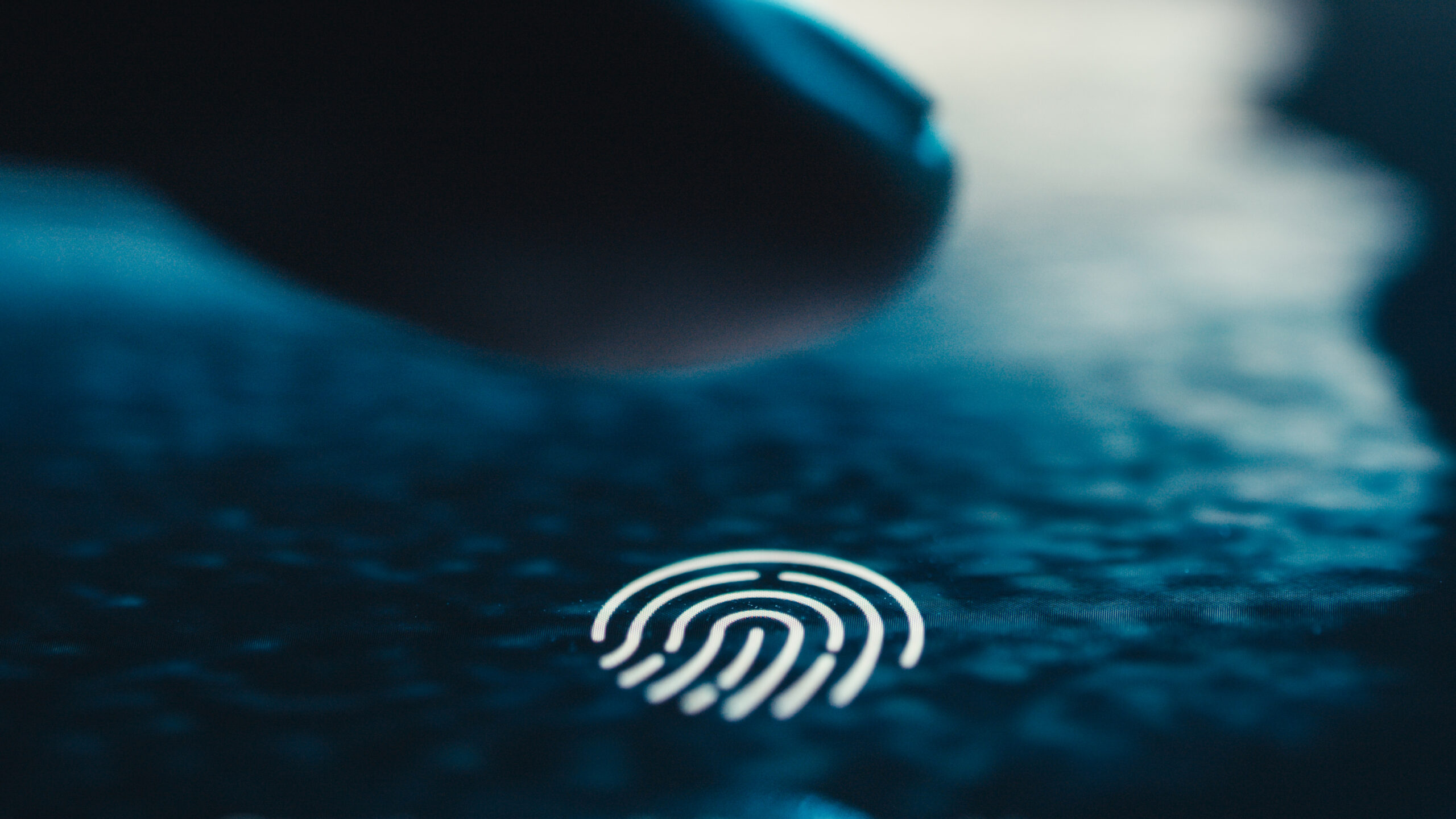
The Importance Of Fingerprint Scanners
More and more devices rely on biometric data for authorization, often using fingerprint scanners to add an additional layer of security. Fingerprints can be used to identify users without having to rely on a password that can be stolen or cracked, and they are much more widely spread nowadays than you might think – here’s what they can be used for.
Web device fingerprinting, a form of biometric data authentication, is gaining popularity as more devices utilize fingerprint scanners to enhance security. With unique fingerprint patterns for each individual, this groundbreaking technology provides a reliable and secure method of user identification, eliminating the need for passwords and keys in various applications.
How do fingerprint scanners work?
Every one of us has a unique set of fingerprints – no two are the same, not even in identical twins. This makes fingerprints perfect for use as an authentication method, since there is no easy way to steal or copy someone’s fingerprints. Fingerprint scanners have been a groundbreaking security invention, capturing the specific pattern of valleys and ridges of a person’s finger with an advanced sensor.
There are two types of fingerprint scanners that are commonly used: ones with optical sensors and ones with capacitive sensors. Optical sensors create a detailed digital image of the fingerprint, and compare consecutive scans with that image. Capacitive sensors, on the other hand, measure the charge of the fingerprint, with different fingerprint patterns registering separately – this is the technique used in most smartphones that have fingerprint scanners.
For high-quality fingerprint scanners of both types, you can check out Biometric Supply.
What are fingerprint scanners used for?
As mentioned before, modern smartphones commonly feature fingerprint scanners on the back, acting as a quick and secure authentication method. Unless the user’s fingerprint scan has been scanned and saved before, they won’t be able to access the device.
Laptops and PCs can also feature fingerprint scanners, either already integrated or purchased separately as an USB device. Biometric locks are often placed on doors to secure areas, making it easy to control exactly who has access at any given time and eliminating the risk of someone losing the key.
The potential benefits of using fingerprint scanners
If you need fast and easy access that’s also practically impossible to hack, fingerprint scanners will be a perfect choice. You also won’t have to deal with the common issue of someone misplacing a very important key – and there’s no need to keep track of copies, since every authorized user’s fingerprint is kept in a secure database.
Want to learn more about all different kinds of biometric scanners? Click here for more info
